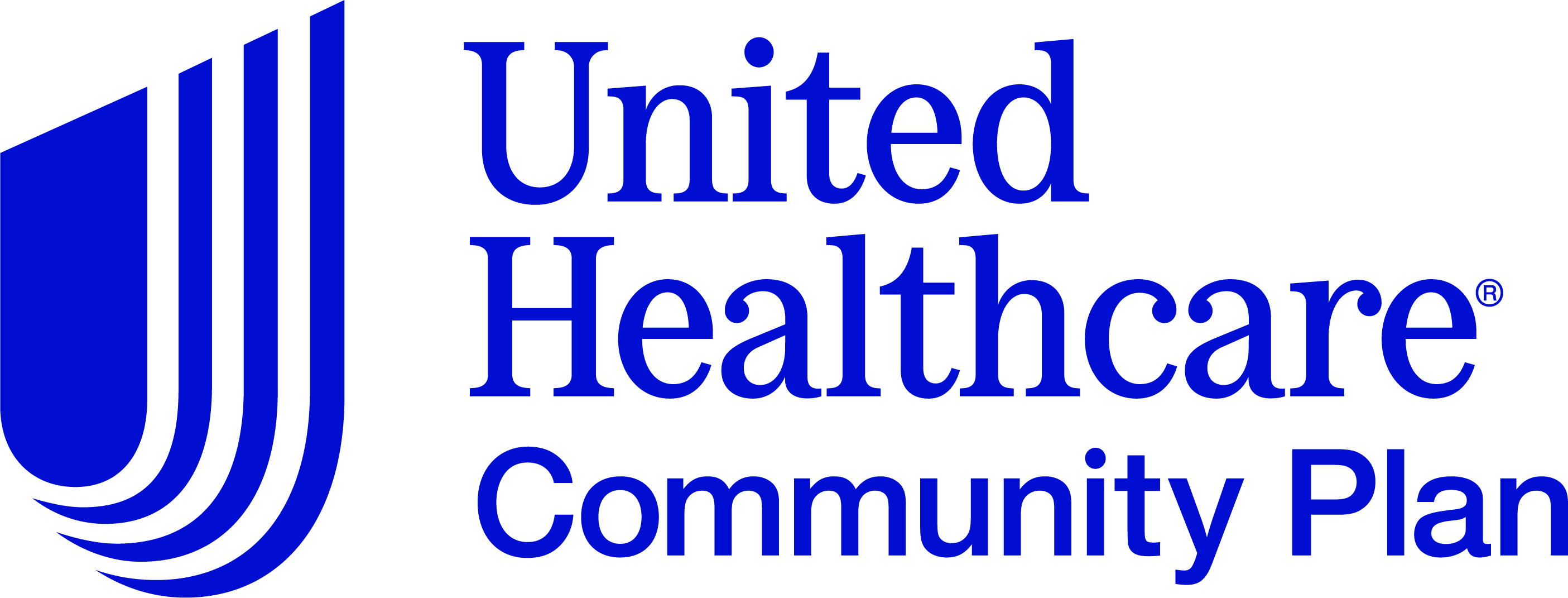Home > UnitedHealthcare Behavioral Health Education Series

Leveraging Measurement-based Care for Better Patient Care and Practice Improvement
12-1 p.m. CT Friday, Dec. 17 2021 | Watch the webinar
Measurement-based care (MBC), also known as routine outcome monitoring, is a systematic and ongoing ‘assessment as intervention’ practice. There are four critical aspects of MBC: patients regularly complete outcome measures, clinicians view resulting interpreted results as feedback, the feedback influences clinical decision-making, and is shared in sessions with the patient. Several systematic reviews and meta-analyses support MBC as an evidence-based practice for treatment effectiveness (improved outcomes) and efficiency (fewer dropouts, less time to treatment response). This presentation will provide an introduction to MBC as a valuable tool for patient engagement and clinical decision support. Examples will span a variety of settings and populations including youth mental health and integrated care.
Learning Objectives:
Speaker:

Susan Douglas, PhD, is a licensed clinical psychologist and an associate professor of practice in the Leadership, Policy, and Organizations Department at Vanderbilt University. She teaches in the Leadership and Organizational Performance master’s program and also is part of the leadership team at Mirah, a behavioral healthcare technology company specializing in measurement-based care (MBC). She is also a leadership and team coach and coach supervisor. Dr. Douglas has an active research portfolio focused on using MBC for practice improvement and organizational learning. Through her research and her work with Mirah, Dr. Douglas engages regularly with clinicians, supervisors, and agency leaders to explore best practices to sustain high quality implementation, including expanding our understanding of MBC mechanisms of action. She earned her PhD in clinical psychology from Vanderbilt University in 1999, then completed pre- and post-doctoral fellowships at Harvard University and Harvard Medical School. Dr. Douglas serves on the editorial board for Administration and Policy in Mental Health and Mental Health Services Research. She also serves on nonprofit boards in international health care and in professional organizations both nationally and internationally.
Psychological Treatment of ADHD
12-1 p.m. CT Friday, Nov. 19 2021 | Watch the webinar
This presentation will provide an overview of attention deficit hyperactivity disorder (ADHD). Participants will learn about the symptoms of ADHD, DSM-5 diagnostic criteria, prevalence, course, and long-term outcomes of ADHD. Additionally, the importance of comprehensive evaluation for ADHD will be addressed, due to the range of other causes of symptoms of ADHD and the frequency of comorbidities associated with ADHD. Participants will be exposed to components of a comprehensive multi-method, multi-rater evaluation for ADHD. Presenters will also discuss empirically supported interventions for ADHD, including specific behavioral strategies that can be utilized by PCPs.
Learning Objectives:
Speaker:

Christian Klepper, Psy.D. is a licensed psychologist and an Assistant Professor in the Department of Psychology at the Munroe-Meyer Institute for Genetics and Rehabilitation. She received her Psy.D. in Clinical Psychology from Mercer University in Atlanta, Georgia. She completed her internship and post-doctoral training at the Munroe-Meyer Institute. Dr. Klepper is the Project Coordinator for the Pediatric Mental Health Care Access Program and serves as Training Faculty for the Mid-America Mental Health Technology Transfer Center. She provides clinical services to children, adolescents, and families in an integrated behavioral health clinic at Children’s Physicians Creighton. Her clinical and research interests include integrating behavioral health into primary care, improving access to care, anticipatory guidance, behavioral health screening in primary care, psychological flexibility, and education and training in integrated primary care. Dr. Klepper participates in research regarding service delivery and access to care in primary care. Dr. Klepper teaches high school students in UNMC's High School Alliance program. She is the assistant director of the postdoctoral training program at MMI. Dr. Klepper also provides supervision to doctoral interns, postdoctoral fellows, and externs.
Pediatric Integrated Primary Care: What It Is and Why It Matters
Friday, Oct. 22 2021 | Watch the webinar
This session will introduce the integration of behavioral health providers in primary care practices as well as the technical assistance the Mid-America MHTTC offers in this field. Speakers will demonstrate how integration efforts increase access to behavioral health, increase appointment attendance, and reduce stigma. Members of the Mid-America MHTTC Integrated Care Program will welcome requests to establish and/or enhance integration efforts in primary care. At the conclusion of this webinar, the participant should be better able to:

